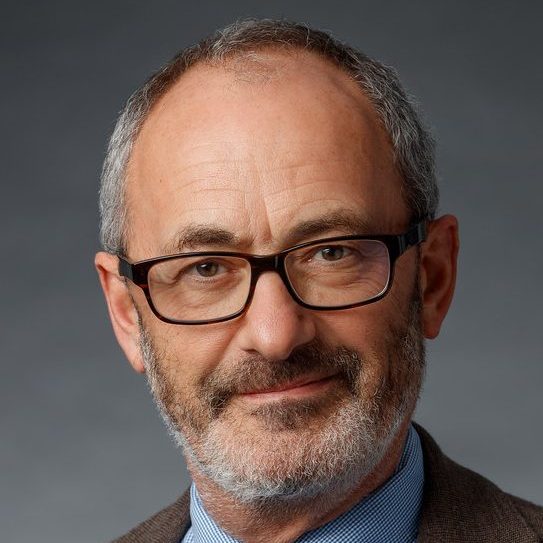
Matthew Ellis
Senior Vice President for Early Oncology at AstraZeneca
Dr. Ellis is the Senior Vice President for Early Oncology at AstraZeneca based in Gaithersburg, MD. I have responsibility for the AZ early oncology pipeline, from lead identification, through drug development and on to Phase 1 and Phase 2 clinical trials. Translational Medicine, including biomarker development is also my responsibility. Until recently, I was Director for the Lester and Sue Smith Breast Center at Baylor College of Medicine where I coordinated an interdisciplinary team of oncologists, pathologists, epidemiologists, basic scientists, and statisticians focused on achieving a deep understanding of the nature of breast cancer to improve prevention, diagnosis, and treatment. I brought to this position considerable experience in the oversight and execution of large projects and clinical trials on a nationwide basis.
I have a strong background in molecular cell biology, molecular pharmacology, genomics, and proteomics. I have been an active member of the National Clinical Trials network for over 20 years, and I am a Vice Chair for the NRG Breast Committee.
I was Co-leader for The Cancer Genome Atlas (TCGA) Breast Project where I established collaborations with several Genome Centers on massive parallel sequencing of breast cancer (Nature 2012, Nature 2012). With support from the NCI program Specialized Program for the Evaluation of Cancer Signatures (SPECS) program, I co-developed, with Dr. Perou, the PAM50-based diagnostic platform which is now available as the Nanostring-based in vitro device “Prosigna” – approved in over 20 counties for the determination of prognosis in ER+ HER2- early-stage breast cancer (JCO 2009). I promoted the adoption of neoadjuvant endocrine therapy as a new standard of care for postmenopausal women with ER rich breast cancer to improve surgical outcomes and de-escalate the use of neoadjuvant chemotherapy. I developed the Preoperative Endocrine Prognostic Index which is now used as a standard clinical trials endpoint (JNCI 2008, JCO 2011).
Until recently, I was PI in the Clinical Proteomic Tumor Analysis Consortium (CPTAC) which is focused on translating proteogenomic findings into improvements in the diagnosis and treatment of breast and other cancers (Nature 2016, Nature Communications 2020, Cell 2020, Cancer Discovery 2022). I have also been deeply involved in patient-derived xenograft research since the mid-2000, and I generated the widely used WHIM series of PDX models (Nature 2010, Cell Reports 2013). Until joining AZ, I was also principal investigator in the NCI PDXNet consortium and principal investigator for the Baylor College of Medicine Breast Cancer SPORE, awarded in 2020. The Baylor Breast SPORE focuses on new treatments for advanced breast cancer.